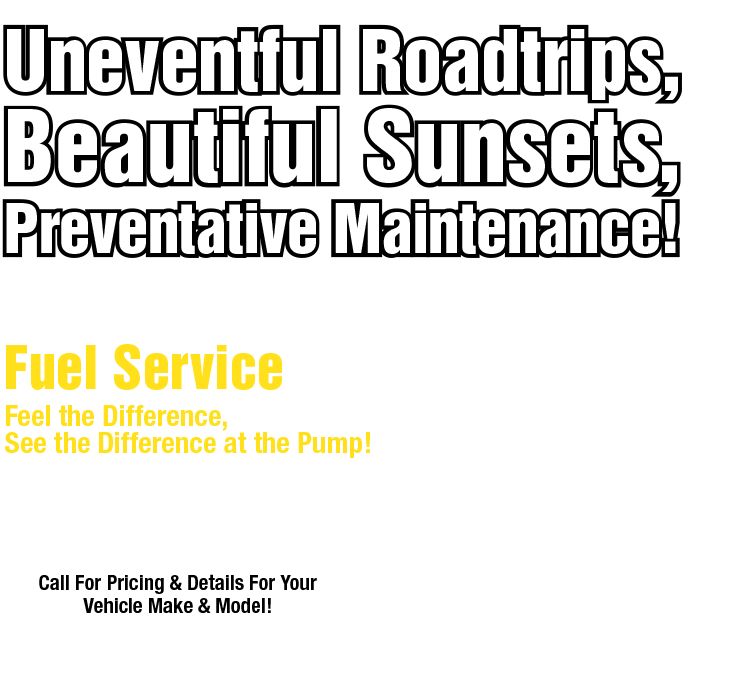MI: What Is the Risk of High Oil Change Intervals?
January 1, 2021
MI residents may have heard that vehicles don't need their oil changed as often as they used to. That's true. But it's not the whole story.
Owing to improved engine technology and higher oil quality, most newer vehicles can go longer between oil changes than their older counterparts.
So what is a good time interval for oil changes? How do MI residents know when to change it? And why do we change it in the first place?
Oil lubricates a vehicle's engine, which protects it from friction damage. Over time the oil can collect dirt and contaminants that inhibit its performance. But dirty oil isn't the only problem for MI residents. What you really want to avoid is called oil sludge.
Oil sludge is caused by moisture in the oil and by hot spots in your engine that burn off oil. This sludge is a gooey gel that can clog engine passageways, which can block lubricants from reaching vital engine parts. The result can be engine wear or even engine failure.
Sludge forms rapidly in an engine that is driven under what are termed “severe conditions.” A vehicle's owner's manual includes recommendations for oil change intervals under both normal and severe conditions. Severe conditions include towing a trailer, driving in polluted or dusty conditions, hauling heavy loads or using a car top carrier. Also, extremes in climate such as very hot or very cold temperatures constitute severe conditions for vehicles.
Some people may be tempted to overlook the severe conditions preventive maintenance schedule in their 's owner's manual because of the word “severe.” But consider this: the most common form of severe conditions is stop-and-go driving, rush hour commuting or only driving your vehicle on short trips around the area.
When a vehicle only makes trips under four miles/six kilometers, or under 10 miles/16 kilometers in freezing conditions, the engine doesn't get warm enough for condensation in the oil to evaporate. The result? You get oil sludge build-up. If your driving patterns are the same as any of the conditions that count as severe, you should be changing your oil more frequently under the severe conditions schedule.
The team at Hal's Auto Clinic Farmington Hills in Farmington Hills can help you understand what type of oil to use in your vehicle and how it can affect your oil change schedule. Some vehicles are filled with synthetic or synthetic-blend oil at the factory. The owner's manual will recommend that this oil continue to be used in the vehicle, and oil change intervals will be based on this type of oil.
Also, if your vehicle uses conventional oil, but you have some of those severe driving habits we talked about, you can switch to a premium-grade oil to give your vehicle extra protection. The answer to why we change our oil is fairly simple: to protect our engines and make our vehicles last longer and run better. But the answer to how often to change our oil is more complex: it depends on our vehicle, our driving habits, where we live and what kind of oil we use.
When it comes to oil changes, a little information can go a long way to helping people save money and extend the life of their vehicles. Stay safe, and stay on the road.
Need Service?
More articles from Hal's Auto Clinic

The Sign of the Shield (Heat Shield Repair and Replacement)
February 26, 2023
Even in the months where temperatures are cooler, heat is still an enemy of your vehicle. When your engine runs, it creates heat, so there are numerous heat shields that protect other parts from those higher temperatures. Heat shields are installed around several areas of the exhaust system. Ot... More

Problems with Suspension Solved at Hal's Auto Clinic Farmington Hills in Farmington Hills
February 19, 2023
A vehicle's suspension system is tough. It can last for years and after lots of driving for Farmington Hills drivers. But it can be damaged quickly by hitting a pothole, curb or rock, and it can wear more quickly if you frequently drive off-road or on bumpy roads. A workhorse vehicle one that ha... More

Poor Reflections (Door Mirror Problems)
February 12, 2023
Mirror, mirror on the door, why is my vision there so poor? Well, you could have a broken outside rearview mirror that's disabled your blind spot vision there and endangering your ability to see some of the traffic around you. Outside rearview (or door) mirrors are important safety devices that ... More








